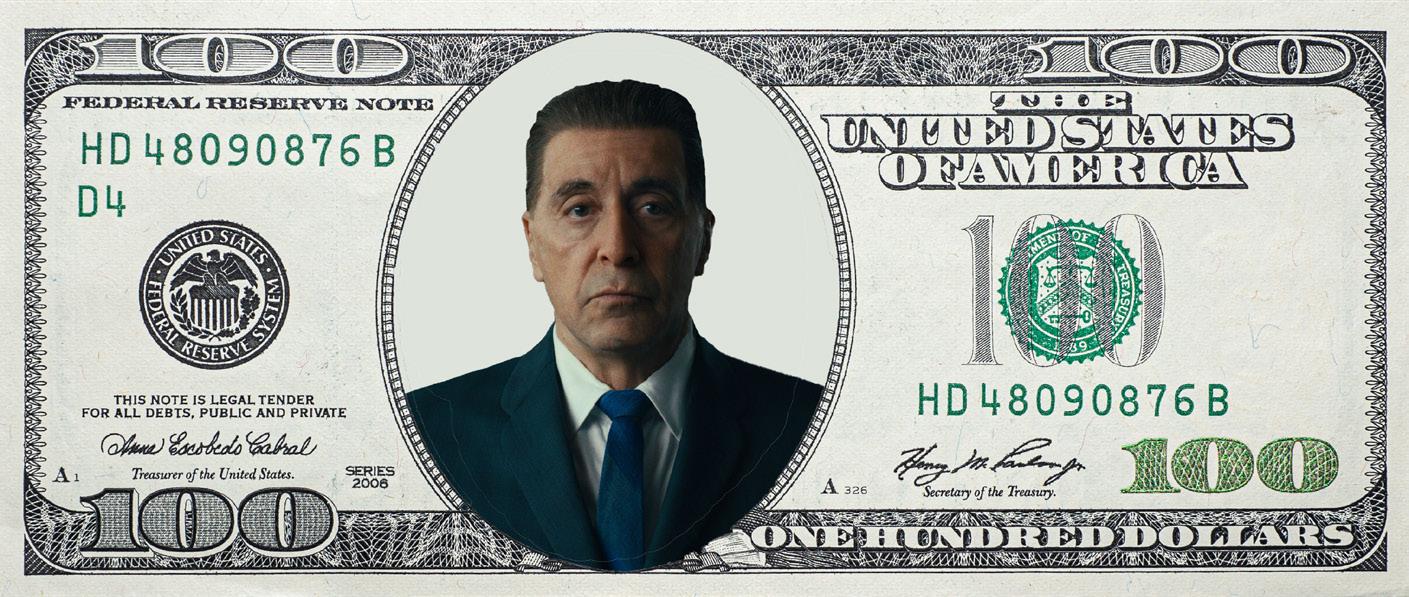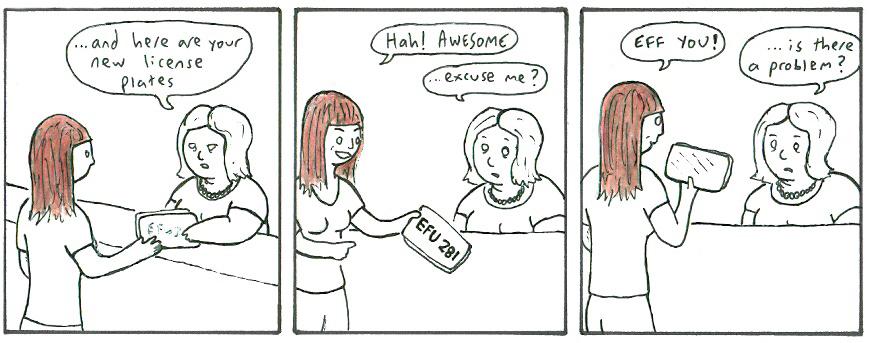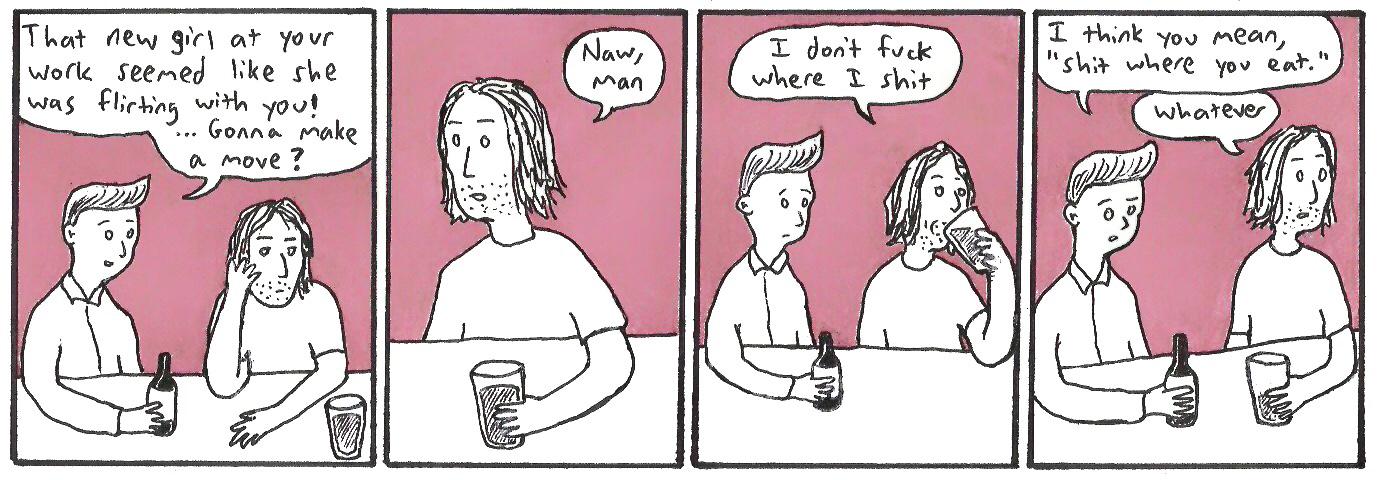
2 minute read
FUNNY PAGE
The film is the perfect example of how antiunion stereotypes have seeped into everyday workers’ minds. Many of the workers are skeptical of the union, worrying that they will not benefit and lazy workers will get paid more for doing nothing. They worry that the company will shut down the plant due to inefficiency, and think, “I’m doing well enough now. Why do I need a union?” They consider themselves lucky to even have a job, and the idea that they deserve better feels overindulgent. When the pro-union workers try to convince them, they’re concerned about bringing a third-party into the workplace. Nearly all of the tropes mentioned in this article make their way into the Fuyao workplace.
Devastatingly, the union vote failed 886–441. Today, presumably, the workers are in the same position they were when the documentary was filmed. One can only hope that one day, Fuyao employees will get back to where they were even ten years ago, let alone improve their conditions to keep up with the rising cost of living.
Advertisement
What does it all mean?
Today, union membership is lower than it has been in decades. Union petitions and elections are occurring at lower rates, too. To be fair, strikes of all kinds—work, school, and rent—are
on the rise during the COVID-19 pandemic. But unions are still in arguably their worst state since the beginning of the modern labor movement.
The next time you hear the company line on unions, or hear a coworker or friend repeat a negative stereotype about organized labor, ask yourself: why? Where are they getting their ideas about unions? How much has our collective attitude about organized labor been shaped by the media? And in the information age, it’s even more important to be critical of the media we consume. It shapes us more than we know.

FUNNY PAGE
Comics by Josh Gates




HEY! Do you draw comics? We are looking for cartoonists and comic submissions! Email production.pacificsentinel@gmail.com for more info.











